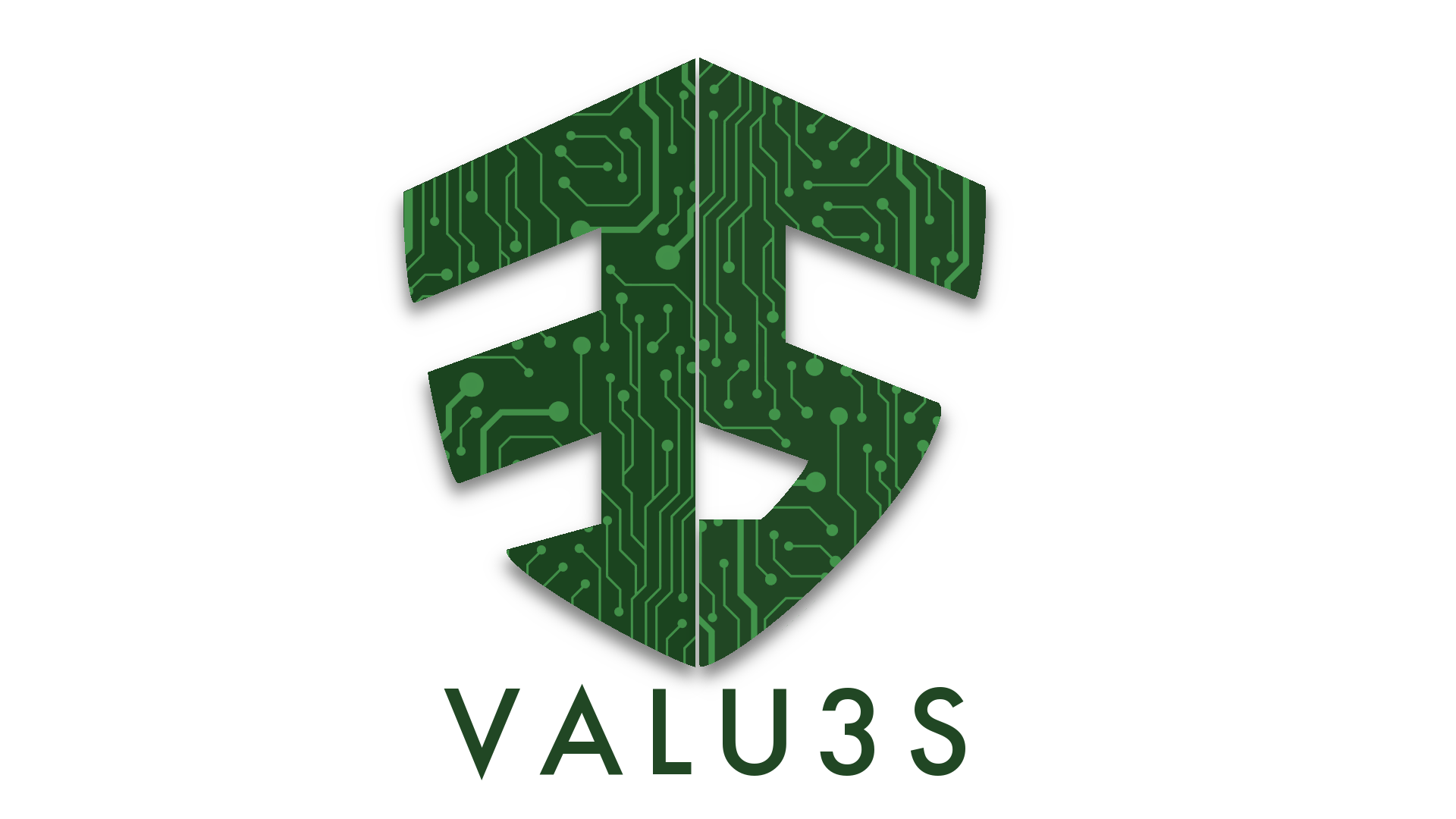End-of-life (EOL) products are continually being discarded, causing several environmental issues. Responsible treatment of EOL products can include reusing, recycling or remanufacturing products or parts. These processes can be both environmentally and economically beneficial. Waste is minimised, while valuable components and materials are recovered. Product disassembly is one of the main steps in EOL treatment processes and involves the extraction and segregation of the desired components, parts or materials from the product, and is usually carried out on disassembly lines in specialised plants.
Ecointegra is one of these specialised plants; moreover, 90% of the staff are people with some disability. One of the dismantling processes performed by the company is the disassembly of refrigerators. To disassemble these household appliances, once the drawers and shelves have been removed from the interior, the magnetic gasket attached to the door, which allows the door to close hermetically, must be removed. This task is currently performed manually. The workers use a screwdriver to pry the gasket open at one of the corners and pull it out.
Notwithstanding, both the state in which the company receives the refrigerators and the form in which the gaskets are found not only makes their extraction a tedious task but, in the long term, the effort made by workers in uncomfortable and unnatural postures to remove them can lead to musculoskeletal disorders.
Therefore, VALU3S UC7 from ALDAKIN and Mondragon University seeks to develop a collaborative robotic cell to extract these magnetic gaskets. The system will apply machine learning techniques, namely reinforcement learning, to grasp and remove the gasket and will employ multiple cameras to identify the workspace and track the worker’s position relative to the robot.
Watch the interview here.
